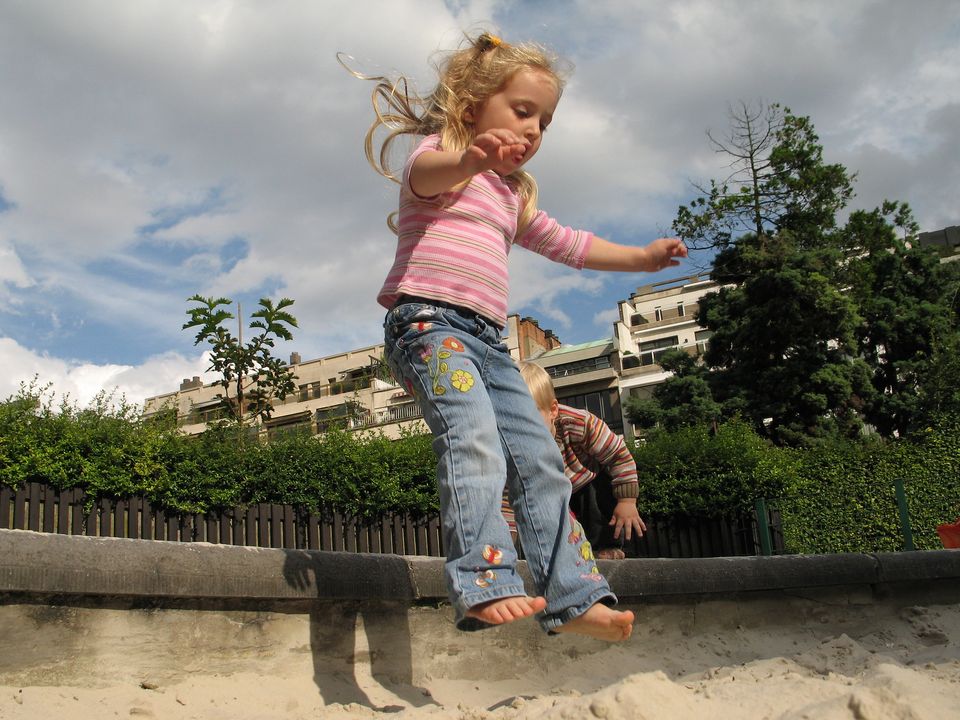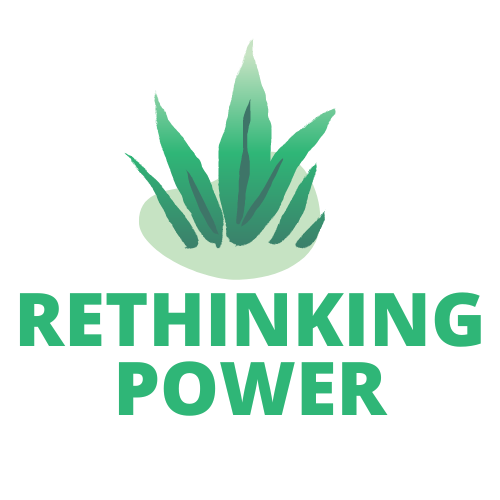Play and Consequences

Imagine a child playing in a sandbox, dreaming up elaborate stories about the castles they’ve built with their sandbox toys. Now, imagine a group of eighteen adults, two teams of office co-workers, throwing around a baseball according to very precise rules. Those adults are playing too.
It seems contradictory at first. The elaborate rules of the baseball game are very different from the child’s freeform storytelling. How can they both be forms of play?
What makes them play is freedom from external consequences. A child in a sandbox does not fear that their day dreams will bring harm to them. A softball player knows that to swing and miss three times will result in an out but nothing else. Play can be elaborate and ritualistic or wild and spontaneous, it can be solitary or communal, it’s usually pleasurable but can also be painful, it can involve building things up or tearing them down. What unites all these activities is the mindset of the participants: blissfully free from worry about unintended consequences.
Work is one of the opposites of play. When we work, we’re striving towards a goal which matters, and everything we do must be measured against that purpose. A job can involve both work and play, if care is taken to create environments where there is no pressure to get things right the first time and no negative consequences for the employee if they fail. But some kinds of work can never be turned into play. You would not want a surgeon to play during surgery, happily disregarding the consequences as they cut into your body. Most jobs require at least some periods of seriousness.
But no human being can go too long without play, without respite from the fear of consequences. A surgeon must take their surgery seriously, but they must also have space in their lives to play. And because we spend so much of our lives at our jobs, they’re one of the best intervention points when it comes to bringing play back into people’s lives. It is through play that we are able to take work seriously. Without those breaks, those moments of freedom, we are too exhausted to think through the consequences when it really matters.
The famous Facebook philosophy of “move fast and break things” is fundamentally a playful one. Paraphrased, it just means “go ahead, don’t worry about the consequences”. The world is your sandbox. But of course, not having to worry about consequences is a form of privilege. And, insulated by that privilege, Facebook and other tech companies have played games with a great many very serious things.
The problem is not that Facebook encouraged playfulness, it’s when and how they encouraged playfulness. They handed a scalpel to a surgeon and told them “move fast and break things” rather than creating a more appropriate space for play.

Member discussion